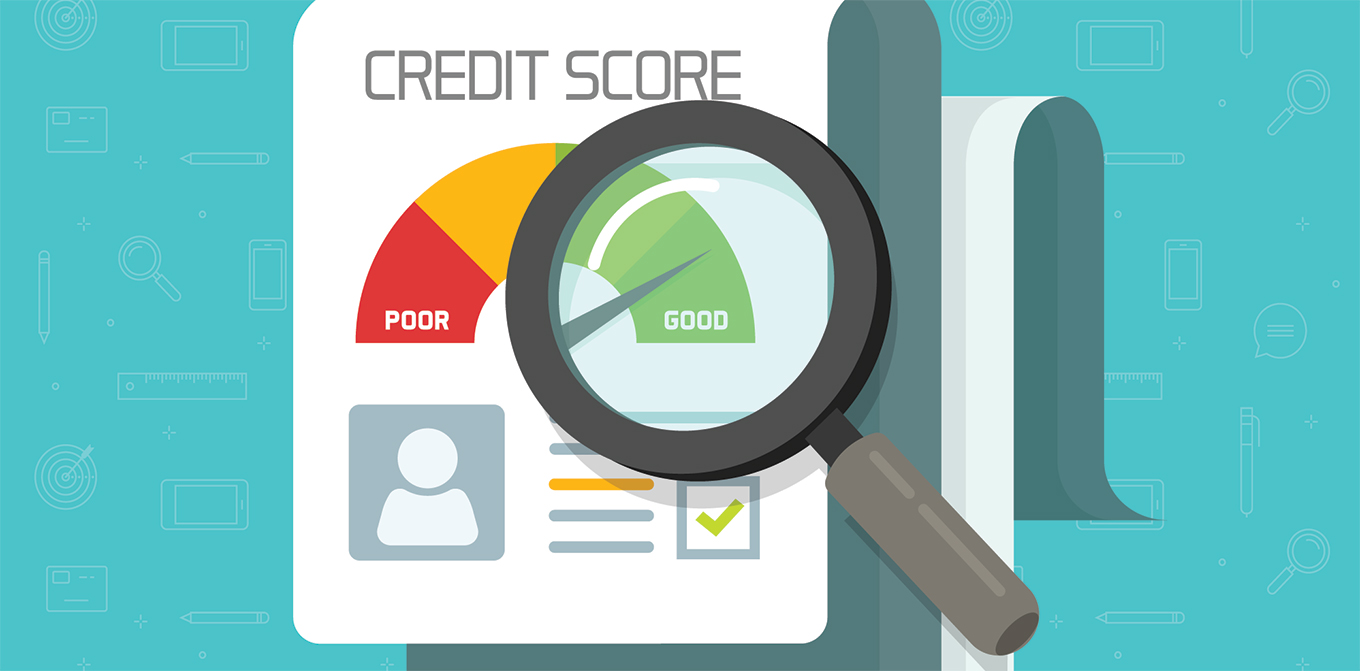5 things to know before opening your first credit card
Credit can open a lot of doors, and one of the easiest ways to start building a strong credit history is with a credit card. Besides helping you lay a solid foundation for future borrowing, credit cards can add convenience to your financial life and even deliver helpful rewards.
What you should know before opening a credit card
Swiping or tapping credit cards feels easy. You won't physically see money leaving your wallet or even your bank account right away. But the balance grows, and many people charge more than they can pay off each month, which leads them to credit card debt. Here's what you need to know to avoid credit card debt and use your credit card to your advantage.
1. What to look for in your monthly credit card statement.
Credit card companies are required to send monthly statements with payments due on the same date each month, allowing 21 days for users' to make payments. But these statements include more information than just your credit balance.
For instance, your summary of account activity will include a history of each payment made, including the date, the amount and the company paid. Review this information each month before making your payment to ensure there are no purchases that you didn't make. Catching unauthorized purchases and notifying your card company early can help protect you from fraud.
Your statement will also include your balance, available credit, and payment information, among other account details. In the payment section, your statement shows you how long it will take to pay off your balance if you make only the minimum payment each month and an estimated total of how much it will cost, including interest and fees. You'll also see how much faster you can pay off your balance and how much you can save if you make a higher payment.
2. Attractive interest rate offers usually change after a certain period of time.
When evaluating potential credit cards, you'll likely see an “introductory APR." This is a promotional annual percentage rate (APR) that's lower than the card's regular interest rate—and it won't last forever. So, take note of when your introductory APR ends. After that, any credit card balances that aren't paid off in full each month will be subject to a higher interest rate, costing you more money to carry a balance.
3. Credit cards can help (or hurt) your credit score.
Your monthly credit card payments factor into your credit history. If you pay at least the minimum payment each month, you'll show a strong payment history. But if you miss a credit card payment, you're considered delinquent. Not only will you carry debt, but you'll also see your credit score drop. Unfortunately, credit card delinquency rates are rising, especially for Americans between 18 and 29. If you can, pay off the full amount each month to keep your debt down. It will also give you a better income-to-debt ratio, which helps your credit score. On the other hand, if you miss payments or often carry a high balance, your credit card will likely lower your overall credit score.
4. The minimum payment usually isn't the wisest payment.
Many people feel that one of the advantages of credit cards is that you don't need immediate funds to pay for things. You can carry a balance and pay it off later when you have the money. This is why credit cards come with minimum monthly payments. You may have a balance of $315, but you only have to pay $35. If you do that, though, the $280 you didn't pay is now subject to interest and will cost you more than $280, growing higher the longer you take to pay it off. Unfortunately, credit card debt can grow quickly. Depending on how you use your card, related interest payments and fees can build up fast. That said, some people use their valuable introductory APRs strategically, paying only the minimum amount when needed during the introductory rate but still paying off the full balance before their card's interest rate goes up.
5. Not all reward programs are equal.
Many credit cards come with rewards programs, incentivizing various purchasing categories or ways to use your credit card. There are cash-back programs and points programs that allow users to amass points they can trade for travel or gift cards. Some card lenders offer more points for consistent spending categories, while others change the category each month in the hope you build a habit of using their credit card for anything and everything. Before selecting a credit card, consider your spending habits. Then use a credit card comparison tool to find and choose a card that will deliver the most rewards based on your typical spending behavior. Keep in mind that some cards may seem to have great rewards programs, but they may also require minimum spending amounts or even annual fees. If you opt for this card, make sure it's truly worth the rewards and won't cause you to spend more than is necessary to cover your typical expenses.
Credit cards can be a valuable tool to help you build credit when used correctly. Start out with a basic card and use it for regular purchases to help build a positive payment history. By doing that, you'll make the card work for you, not against you.




